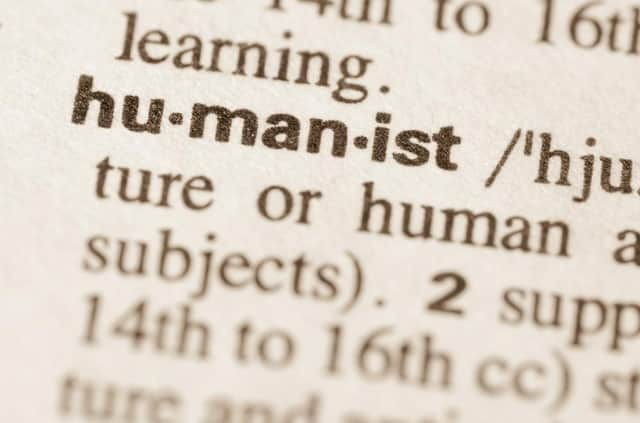To forgive is not divine. We should do so when a wrongdoer's contrition gives us a reason – Fraser Sutherland


For the person who is forgiving, for the person forgiven, and (when things are experienced at a national level) for society as a whole. As such, it seems logical to argue that forgiveness is a reasonable and laudable response in many situations.
But when we wrestle with the ‘rightness’ of forgiveness, we’re often guilty of putting the cart before the horse. Is the problem that people (and therefore society) are unwilling to forgive? Sometimes, yes.
Advertisement
Hide AdAdvertisement
Hide AdBut when these dilemmas around forgiveness arise, it is often because certain individuals and groups in society transgress our social and legal boundaries.
They expect to be forgiven without taking responsibility for their transgression, acknowledging the damage they have caused, and demonstrating they have learned from their mistake.
Highly qualified apologies that start with “I’m sorry if…”, that seek to ignore or minimise the act in question, or apologies that don’t exist at all are not a reasonable basis for forgiveness.
Forgiveness has often been presented as a divine quality that, once unleashed, has magical qualities which bring healing and power to the forgiver.
It is not divine, it is just a choice amongst many for a person or society wronged. Healthy forgiveness based on a wrongdoer’s sincere apology can be transformative for victim and perpetrator; take as an example the positive outcomes for victims shown to exist from restorative justice programs. But a situation where forgiveness is expected or demanded is toxic and can create further harm.
The burdens of forgiveness should not sit with the person (or group) that needs to forgive, but with the person seeking forgiveness. Whether something is forgivable shouldn’t depend on someone’s powers of forgiveness, but be based on the perpetrator’s acceptance of wrongdoing, and the work they put in to redress their transgressions. It’s not about self-flagellation but being humble, showing a willingness to be empathetic to those wronged.
Forgiveness relies on the belief that life will be better if something is forgiven. But we must always question whose life will be better if we ever feel pressured to forgive, and act accordingly.
Fraser Sutherland, chief executive, Humanist Society Scotland
A message from the Editor:
Thank you for reading this article. We're more reliant on your support than ever as the shift in consumer habits brought about by coronavirus impacts our advertisers.
If you haven't already, please consider supporting our trusted, fact-checked journalism by taking out a digital subscription.
Comments
Want to join the conversation? Please or to comment on this article.